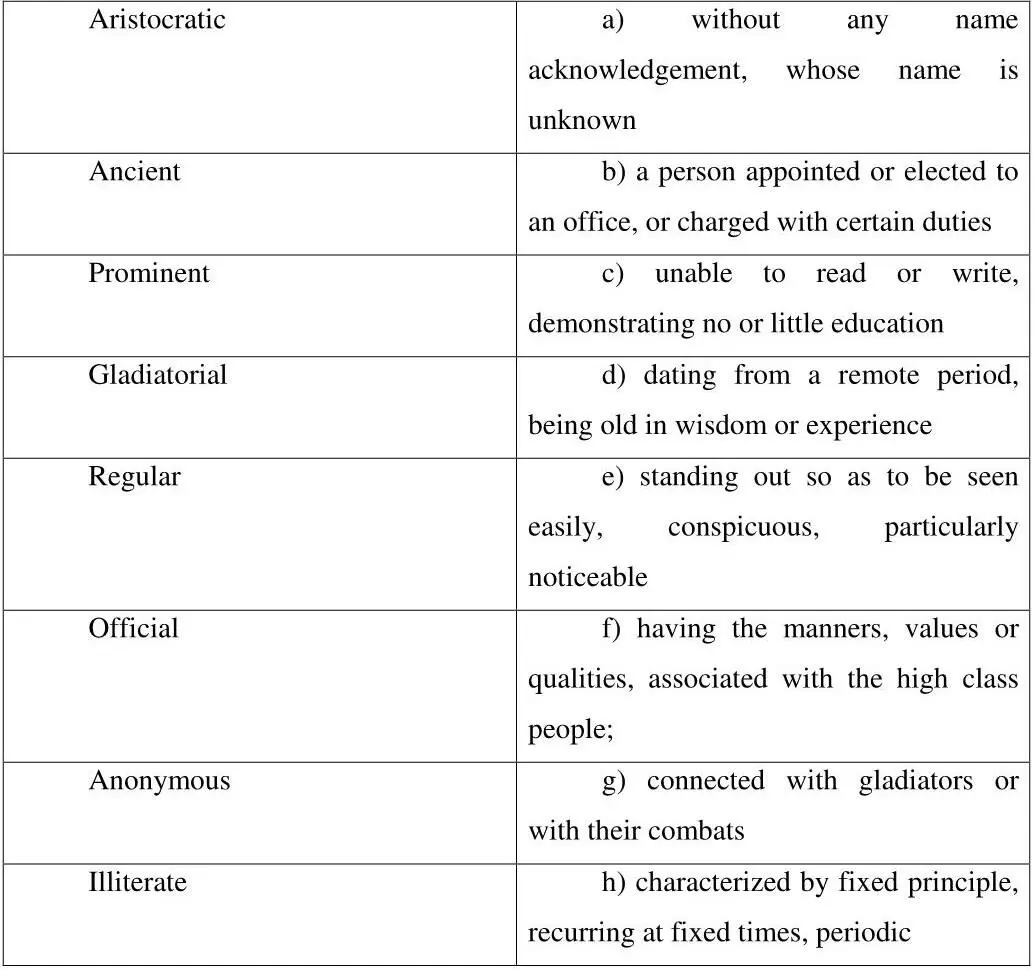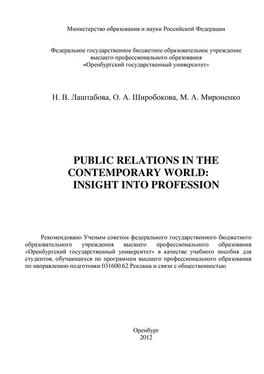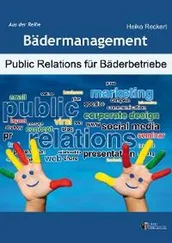Find some information about the personality if necessary.
Joseph Pulitzer (1847-1911).
“An able, disinterested, public-spirited press, with trained intelligence to know the right and courage to do it, can preserve that public virtue without which popular government is a sham and a mockery”.
William Randolph Hearst (1863-1951).
“Don't be afraid to make a mistake, your readers might like it”.
Benjamin Day (1810-1889).
“Well, I want you to know how much I appreciate this. Really”.
2 The press in the Roman Empire and in medieval Europe
1 . Read the proper names and titles and say what you know about them. If they are unknown for you, find some information in the text.
Julius Caesar
Richard Fawkes
Acta Diurna
The Venetian Republic
The Mercurius Gallobelgious
Herald
Express
Observer
Guardian
Standard
Argus
2 . Read and translate the text
The Roman Empire.The urge to inform the public of official developments and pronouncements had been a characteristic of most autocratic rules. This urge was fulfilled in ancient Rome by the Acta Diurna ("Daily Events"), a daily gazette dating from 59 ВС and attributed in origin to Julius Caesar. Handwritten copies of this early journal were posted in prominent places in Rome and in the provinces with the clear intention of feeding the populace with official information. The Acta Diurna was not, however, restricted to proclamations, edits, or even to political decisions taken in the Roman Senate, the actions of which were reported separately in the Acta Senatus (literally "Proceedings of the State"). The typical Acta Diurna might contain news of gladiatorial contests, astrological omens, notable marriages, births and deaths, public appointments, and trials and executions. Such reading matter complemented the usual fare of military news and plebiscite results also given in the Acta Diurna and presaged the future popularity of such newspaper filler and horoscopes, the obituary column, and the sports pages.
Medieval Europe.In Europe, the impetus for regular publications of news was lacking for several centuries after the break up of the Roman Empire. The increased output of books and pamphlets made possible by the development of the printing press in the 16th century did not include any newspapers, properly defined. The neatest form was the newssheet, which was not printed but handwritten by official scribes and read aloud by town criers. News was also contained in the news pamphlet, which flourished in the 16th century as a means of disseminating information on particular topics of interest. One such pamphlet, printed in England by Richard Fawkes, and dated September 1513, was a description of the Battle of Flodden Field. Titled "Trew Encountre", this four-leaved pamphlet gave an eyewitness account of the battle together with a list of the English heroes involved. By the final decade of the 15th century, publication of newsbooks was running at more than 20 a year in England alone, matching a regular supply on the Continent. Authors und printers escaped official censorship or penalty by remaining anonymous or cultivating a certain obscurity for it took a long time before the pamphlets came to the attention of the authorities. In any case the topics most frequently chosen for coverage – scandals, feats or heroism or marvelous occurrences – were mainly nonpolitical and could not be regarded as a threat to the powerful. Governments in various Countries were already in the vanguard of news publishing for propaganda purposes. The Venetian republic set a precedent by charging an admission fee of one gazeta (3/4 – three fourths of a penny) to public readings of the latest news concerning the war with Turkey (1563), this recognizing a commercial demand for news, even on the part of the illiterate. The term gazette was to become common among latest newspapers sold commercially. Another popular title was to be Mercury (the messenger of the gods). The Mercurius Gallobelgicus (1588 – 1638) was among the earliest of a number of periodical summaries of the news that began to appear in Europe in the late 16th century. Newspaper names like Mercury, Herald and Express have always been popular, suggesting the immediacy of freshness of the reading matter. Other names, such as Observer, Guardian, Standard and Argus stress the social role played by the newspapers in a democratic society. Newspaper development can be seen in three phases: first, the sporadic forerunners, gradually moving towards regular publications; second, more or less regular journals but liable to suppression and subject to censorship and licensing, and, third, a phase in which direct censorship is abandoned but attempts at Control continue through taxation, bribery and prosecution. Thereafter, some degree of independence has followed.
3 . Translate and transcribe the following words and expressions, learn them by heart. Find the sentences where they were used and write them out.
Pronouncement, handwritten copy, to restrict, proclamation, appointment, to compliment, development, printing press, newssheet, to disseminate, eyewitness account, final decade, to escape censorship, to remain anonymous, a threat to the powerful, to be in the vanguard of news, to set a precedent, to charge an admission fee, to recognize a commercial demand for news, illiterate, title, periodical, regular publication, to abandon, bribery.
4 . Fill in the gaps using the words from the given below. Change the form if necessary.
Development, eyewitness, to compliment, bribery, to remain anonymous, proclamation, final decade, to set a precedent, illiterate, periodical.
1. The readers could meet with an …account of the battle in “Trew Encountre”.
2. The news about the war with Turkey …: the gazette was charged an admission fee for reading the news.
3. The Acta Diurna accepted … and also published the news about the political decisions in the Roman Senate.
4. The 16 thcentury invention of the printing press made the … of the books very quick.
5. Even the … people in Venice had a great desire to know the latest news.
6. In the 16 thcentury there were very few … newspapers that published the summaries of the news.
7. The usual news … the information about the births and deaths, notable marriages and public appointments.
8. The control over the newspapers was taken by means of taxation, … and prosecution.
9. Many authors remained … in order to avoid punishment and pursuit.
5 . Find the English equivalents for the following phrases:
Ежедневная газета, значимые места, четкое намерение, политические решения, поединки гладиаторов, распад Римской империи, городские глашатаи, процветал в 16 веке, свидетельства очевидца, избегать цензуры и наказания, чудесное событие, угроза властьимущим, коммерческий спрос на новости, свежесть и актуальность материала для чтения.
6. Match the definitions with the words.

7 . Answer the questions.
1. What is the country where the first press appeared?
Читать дальше













